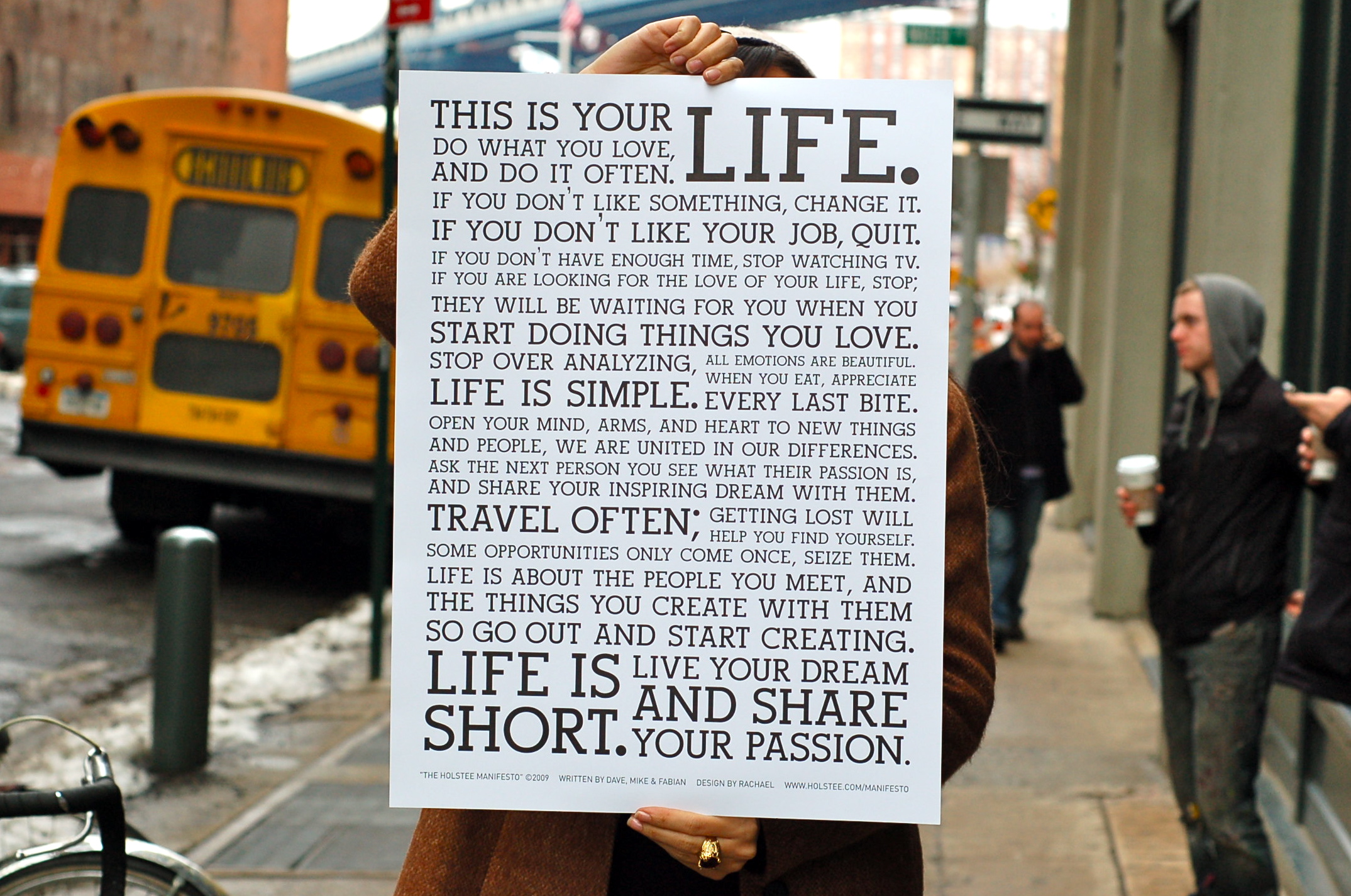Freshman year in college, I met a friend. The friend's dad was a commercial real estate developer. I had always wanted to learn more about commercial real estate given that my dad was in the hardware business, owned his stores and as well as a few strip centers.
I offered to take my friend's dad to lunch. He actually took me to lunch. We visited his office. Met his small staff: an office manager (the type of woman who you know is the one who really runs things and makes sure it all stays together) and "the engineer" who also wore hats as an architect, surveyor and a lawyer. Three people, the manager, the engineer and the developer.
The conversation zig-zagged from "how's school?", to naive questions from an eighteen year old, to real nuts and bolts lessons from the trenches of a life long commercial real estate person.
Boom times in Deer Valley, UT. Major failures in Vail. Huge successes in Chicago and the midwest. Now, if only the city would agree to that damn traffic light and bypass at project so and so.
"See now" the mentor said. "Your dad has to open the stores everyday. Someone has to unlock the doors and let the customers in. I did not want to open the doors everyday, I wanted to own the doors and collect the rent."
He continued with more stories of leases and financing and lore. His excitement was relentlessly contagious.
"The yield, I do it for the yield." (Yield what's that?) He grabbed his HP off the desk. "Look, cap rate. Capitalization rate." He punched the numbers in the calculator. Rent, net income, price, value, yield, cap rate.
The specifics pretty much went over my head. However, the lesson sunk in. Income streams create value. Income streams are created by location, tenants and buildings. By the enterprising developer, of course. (And, if I really understood it correctly, I would never have to work in a hardware store the rest of my life.)
His projects were big. Even by today's measure. He was on the leading edge of developing these new projects that are now commonly referred to as Power Centers or Regional Centers. Not malls. Kohls. Bed Bath & Beyond. Dick's. Best Buy. Target. All in one project perfectly located to draw shoppers from all directions from up to 30 minutes away. And not to mention the in-line retail spaces that were really just gravy.
These projects were 10, 20, 50 million dollar deals. I could not even fathom the dollars. When he showed me the numbers the last 000 were not written. Everything was short form for million. 1,000 was $1M. 20,000 was $20M. Wow, I thought.
"But, but, but.. where, I mean how do you come up with money?" I said. He replied "That's the easy part. The money finds me. I create the deal and the money comes."
Uh. OK. Sure. My 100 was $100, not $100,000.
---------
Many years later, after being in the CRE a while myself. I decided it was time to do my own deals.
How would I finance them? Where would the money come from?
I remembered that first CRE lesson as an 18 year old hippie (yes, I had a ponytail at the time).
Just to be sure, I asked a CCIM friend what the best deals would be to get started in and get financed. He said it does not matter. What, all these people are crazy, I thought. Millions of dollars easy to get? I asked him to extrapolate.
"Good deals find Good Money" he said. "There is so much money out there. Sitting there. Just looking. Waiting. Looking for a home. A good deal."
A good deal, he explained, was one that was fundamentally strong. Good location. Good building or bones. No hair. (environmental or title issues etc.) Good tenant(s). Good price. Nothing over the top. Just good all around. Solid.
Even better if it had upside: below market rents, extra land, below market purchase price, etc..
In other words, create a good deal and the money will come.
I have now seen it first hand. Whether it be my own land subdivision on the river that was easy to sell the parcels at crazy prices. Or a $12M Walgreens with non-recourse financing. Or a NNN Dollar General attracting multiple all cash buyers. Or a trailer park on the river with unsolicited offers.
Bad deals or marginal deals on the other hand struggle. Languish. Sit on the market. Need personal guarantees (and your first born child). Fall apart.
Finally, I got it. And get it.
Thank you Mr. Cap Rate.
-------------
Now, what is this all about? It is about a new kind of deal. A deal that is not just about money. It is a deal that does good. Of course it makes money. But it does not have to take every penny off the table. It is a deal that does good at the same time while making money. A deal that helps people. Helps the environment. Maybe helps animals. A deal that does good.
The current lingo is "impact investment" or "social fund" or "CSR (Corporate Social Responsibility).
I see these deals as building reuse, parks from vacant lots, public art, community uses, historic preservation, corporate reuse, conservation or any real estate deal that can actually do some good besides just make money.
Do you care? If you do, call or email me to find out more. I'm not eighteen anymore.
-------------
Making money is art and working is art and good business is the best art.
- Andy Warhol







